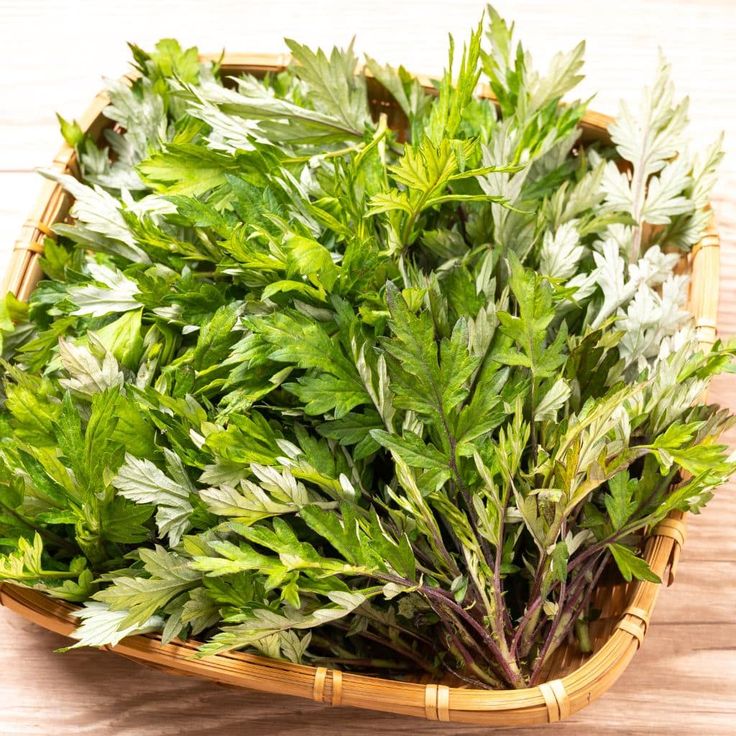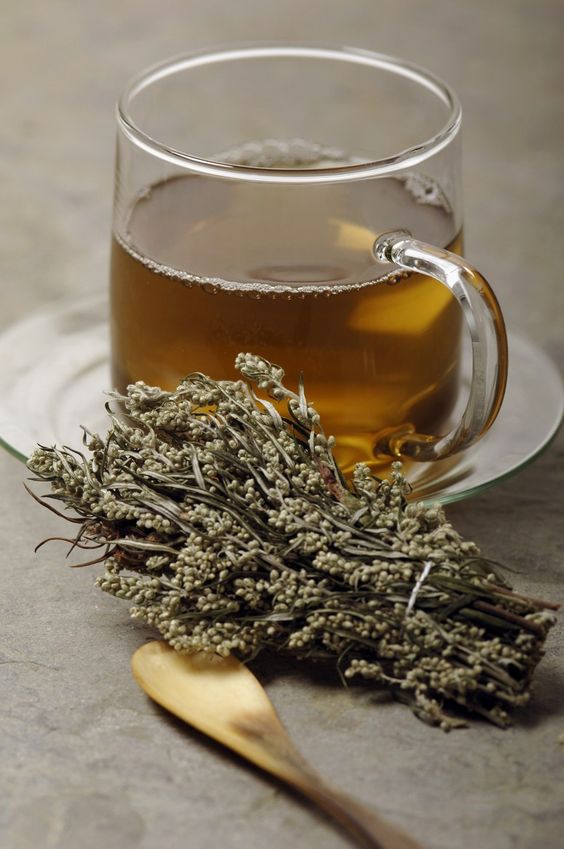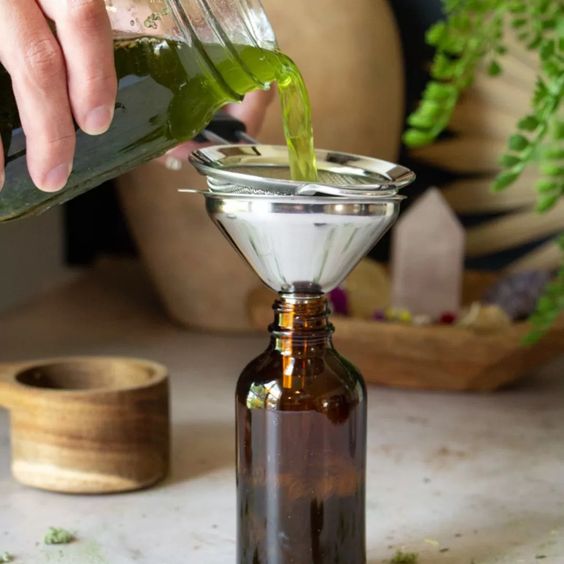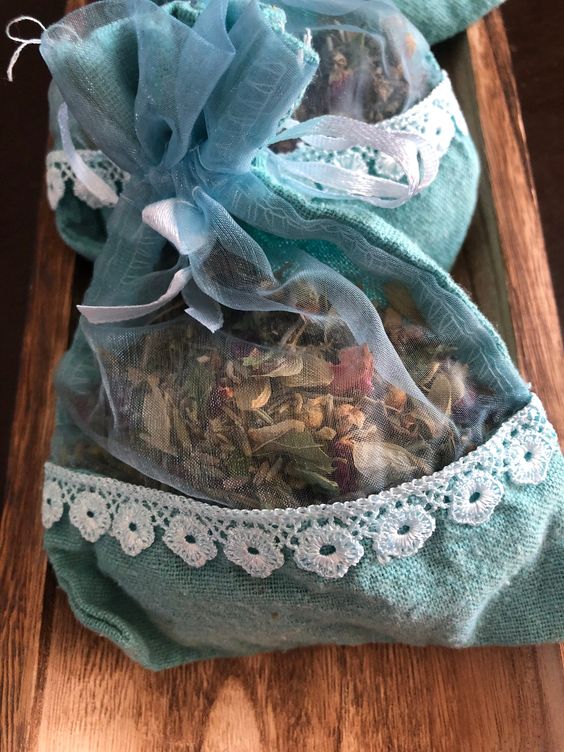Can Mugwort Help You Sleep Better? Discover the Calming Powers of This Ancient Herb
If you’re looking for a natural way to unwind and improve your sleep, mugwort might just be the answer. Known for centuries as a calming herb, mugwort has a unique history in herbal medicine for its ability to enhance relaxation, support better sleep, and even encourage vivid dreams.
With its mildly sedative effects and a tradition of use that spans cultures, mugwort is more than just a “folk remedy”, it’s a plant with real calming power.
What Makes Mugwort Effective for Sleep and Relaxation?
1. Sedative and Calming Compounds
The specific terpenes and essential oils in mugwort have mild sedative properties, helping to soothe the mind and reduce feelings of stress or restlessness.
Studies on similar terpenes (like those in lavender) show they can have a calming effect, and while mugwort itself hasn’t been as extensively studied, its traditional use points to similar effects.

2. High in Antioxidants
Mugwort also contains antioxidants, which can help combat oxidative stress in the body.
These antioxidants may not directly make you sleepy, but they do promote overall wellness and relaxation, allowing your body and mind to enter a restful state more easily.
The Benefits of Mugwort for Sleep Quality
If you’re someone whose mind races at night, mugwort’s natural compounds may help quiet those thoughts, giving you a clearer, calmer mindset as you drift off to sleep.
By reducing anxiety and creating a relaxed state, mugwort supports longer, uninterrupted sleep cycles. Instead of jolting awake, you may find yourself sleeping more deeply.

Mugwort has a reputation as a “dream herb” for a reason. Many who use it report experiencing more vivid dreams and better dream recall. This is likely due to the way mugwort’s compounds interact with brain activity during sleep, encouraging a more engaged dream state.
How to Use Mugwort for Sleep and Relaxation
1. Mugwort Tea
You can tart with 1–2 teaspoons of dried mugwort leaves in hot water, steep for 5–10 minutes, and drink about 30 minutes before bedtime.
For added flavor and relaxation, consider blending mugwort with other calming herbs like chamomile or lavender.

2. Mugwort Tincture
Tinctures are especially convenient if you’re on the go or prefer not to drink tea. You should follow the dosage instructions on the bottle, typically around 10–20 drops diluted in a bit of water.

3. Aromatherapy with Mugwort Essential Oil
You can add a few drops to a diffuser in your bedroom, or dilute it with a carrier oil and apply it to pulse points before bed. The calming scent creates a relaxing atmosphere, perfect for winding down after a long day.

4. Mugwort Pillow or Sachet
For those interested in vivid dreaming, placing dried mugwort in a small sachet or pillow is a popular method. You simply tuck the sachet under your pillow to inhale its gentle aroma as you sleep.

How Much Mugwort is Safe to Use?
For daily use, you stick to 1–2 cups of tea or a single dose of tincture per day. If using dried mugwort in a sachet, start small and see how it affects your sleep and dreams.
As mugwort can produce vivid dreams, using too much may lead to an overly intense experience, so moderation is key.
Disclaimer
Avoid using mugwort if you’re pregnant or breastfeeding, as it may stimulate uterine contractions. Additionally, individuals with known allergies to plants in the Asteraceae family should exercise caution and test a small amount before use.
Mugwort’s effects may also interact with certain medications or medical conditions, so it’s best to consult a healthcare provider if you’re unsure about using it.
mugwort
News
GARDENERS BEWARE: The Hidden Enemies of Your Tomato Plants—and How to Fight Back Fast! /dn
GARDENERS BEWARE: The Hidden Enemies of Your Tomato Plants—and How to Fight Back Fast!Revealed: The Most Common Tomato Ailments and How to Defeat Them Before It’s Too…
Old Doctors: Drink Cumin Water Before Bed to Relieve These 13 Health Issues by Morning! /dn
Unlocking the Ancient Secret: How Cumin Water Can Transform Your Health Overnight For centuries, traditional medicine has revered cumin seeds—known as “jeera” in Hindi—for their potent health…
Goosegrass (Eleusine indica): The Unsung Hero for Kidney Health /dn
Goosegrass (Eleusine indica): The Unsung Hero for Kidney Health Have you ever thought that a common roadside weed could hold the key to better kidney health? Enter Goosegrass (Eleusine…
NO EXERCISE, NO WEIGHT LOSS PILLS – THE 69-YEAR-OLD WOMAN’S SECRET TO LOSS OF 36KG SURPRISES THE WORLD! /dn
NO EXERCISE, NO WEIGHT LOSS PILLS – THE 69-YEAR-OLD WOMAN’S SECRET TO LOSS OF 36KG SURPRISES THE WORLD! In a world where weight loss is often associated…
The Dangerous Allure of Datura – A Beautiful Plant with Hidden Perils /dn
The Dangerous Allure of Datura – A Beautiful Plant with Hidden Perils The plant in question is both captivating and perilous; its beauty masks a dark reality….
Homemade Natural Painkiller: A Simple 3-Ingredient Remedy for Fast Relief /dn
Homemade Natural Painkiller: A Simple 3-Ingredient Remedy for Fast Relief Are you looking for an effective, all-natural way to ease muscle soreness, joint pain, and inflammation? This…
End of content
No more pages to load











